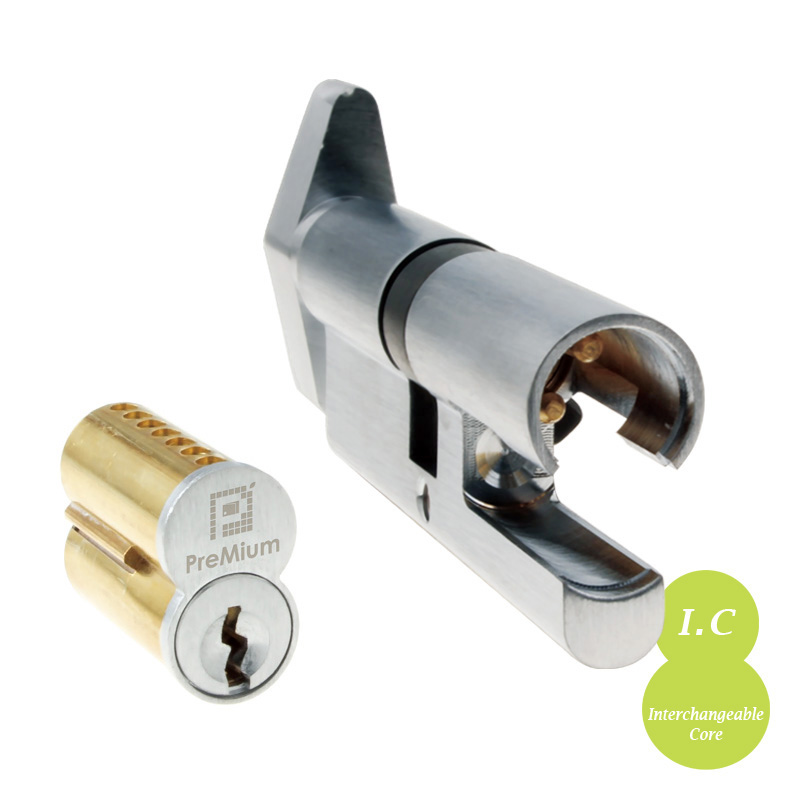![]()

What should we use interchange core as our security protection device?
Interchange core refers to the central processing unit (CPU) used in computer systems, particularly in the context of server architecture. The benefits of interchange cores can include:
1. Improved Performance: Interchange cores are designed to offer high-performance computing capabilities. They typically have multiple cores, allowing for parallel processing and multitasking. This can result in faster execution of tasks, improved system responsiveness, and enhanced overall performance.
2. Scalability: Interchange cores are often designed to be scalable, meaning that additional cores can be added to the system as needed. This scalability allows for better utilization of system resources, especially in scenarios with increasing computational demands or workloads.
3. Efficiency: Interchange cores are engineered to provide efficient processing power, delivering high performance while minimizing power consumption. This efficiency can lead to reduced energy costs and improved environmental sustainability.
4. Multithreading: Many interchange cores support multithreading, which means they can handle multiple threads simultaneously. This capability is particularly beneficial for applications that can take advantage of parallel processing, such as data analytics, virtualization, and scientific simulations.
5. Enhanced Virtualization: Interchange cores often include features specifically designed for virtualization, allowing for efficient virtual machine management. This can lead to improved server consolidation, better resource allocation, and enhanced overall virtualization performance.
6. Reliability and Redundancy: Interchange cores often incorporate features such as error detection and correction, as well as redundant components to ensure high system reliability. This can result in improved system uptime and reduced downtime due to hardware failures.
7. Future Compatibility: Interchange cores are typically designed to support a wide range of software applications and operating systems. This compatibility ensures that systems utilizing interchange cores can take advantage of future software updates and advancements, prolonging the lifespan and value of the system.
It’s important to note that the specific benefits of interchange cores may vary depending on the manufacturer, model, and intended use case. Therefore, it’s recommended to consider the specific requirements and objectives when selecting a core for a particular system.
